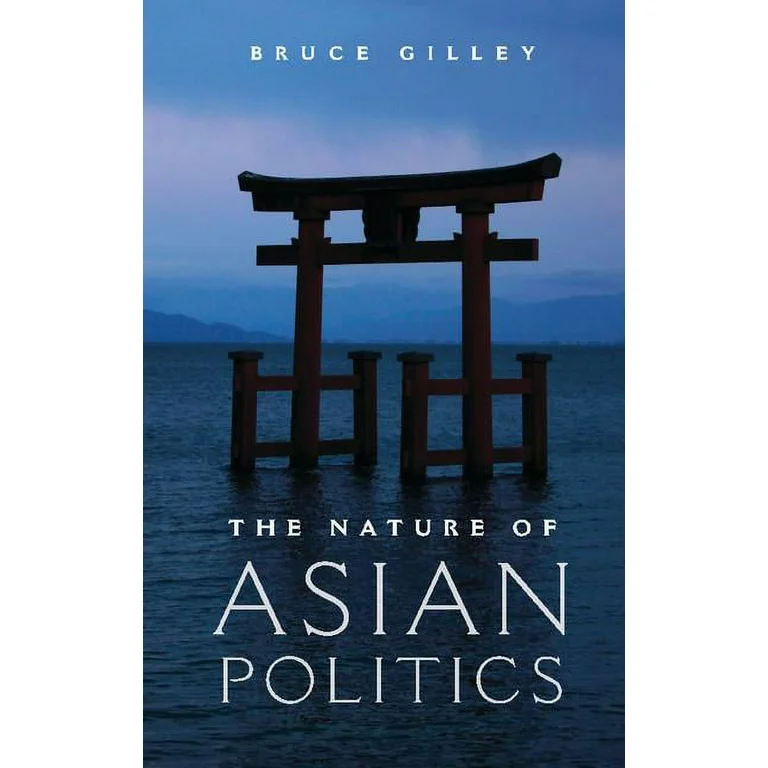
Scholars who dare to take on the entire scope of Asia are few and far between. Often, academics and specialists prefer to specialize in one or two countries or potentially a micro-region like ASEAN. Bruce Gilley, in attempting to emulate the late Lucian Pye, author of “The Power of Asian Politics,” has adopted various lenses to look at the region. They range from economic transformation and market liberalization to democratic consolidation, occasionally, reversals
The truth is Asia is but a subsystem of the world. If the US is the leading hegemon in the world, in the sense that Charles Kindleberger described it, as a provider of public security good, then Asia is likely to want to be a free rider. Though the ambition of China in the South China Sea and Southeast Asia remains unclear, itis suggestive of more revisionist overtones.
Bruce Gilley, a professor at Portland State University, is right to study Asia through a multitude of lenses. But, as a subsystem that is constantly driven forward by the process of globalization , a point is missed be many that certain member states are not completely swept along. Take Brunei and its Turnto Islamic Law as an example. If the member states of ASEAN were driven strictly by globalization, member states would have similar growth rates. However, this is not the case. The income gap between ASEAN is occasionally as wide as 1:100. This applies to the income gap between Singapore and Cambodia.
Asian politics, though not completely against democracy, often display certain elements of autocratic rule. President Duterte in the Philippines, and President Jokowo of Indonesia have their autocratic tendencies, for instance. This book does not pull any punches in explaining the facts as they are.
